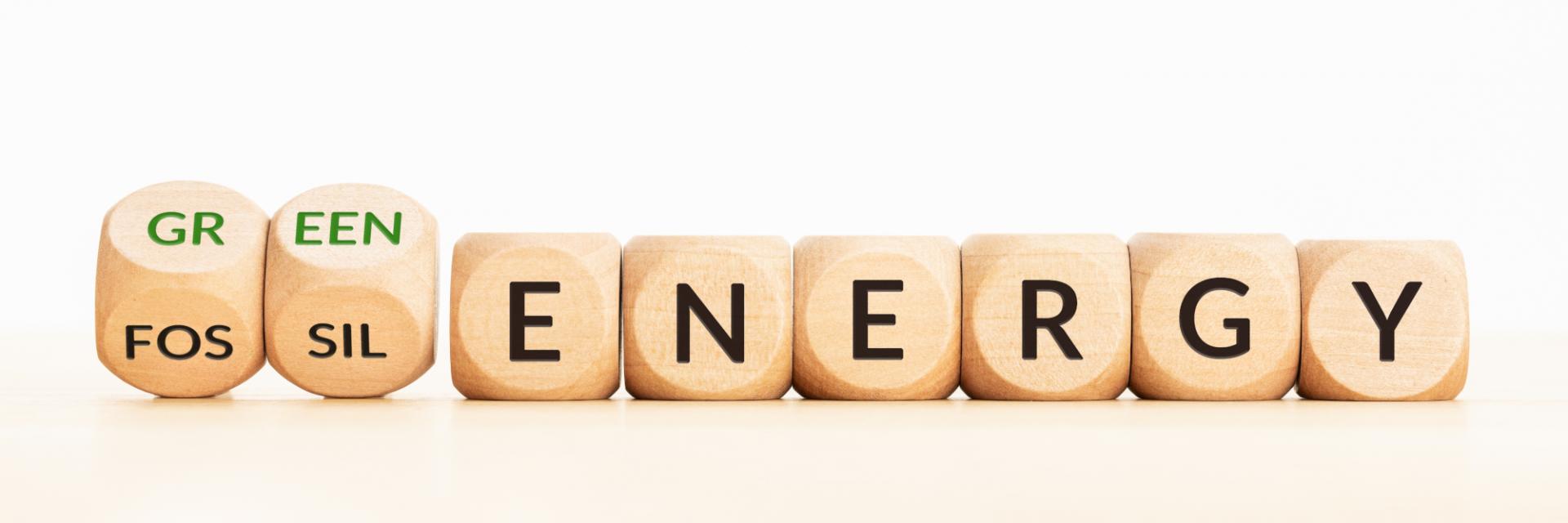Windhoek, Namibia, 06 August 2025 (ECA) – The Economic Commission for Africa (ECA), in partnership with the Southern African Development Community (SADC) Secretariat, has convened a consultative meeting of experts from 5 to 7 August 2025 in Windhoek, Namibia, to advance the development of a regional Just Energy Transition (JET) Policy Framework.
The consultative meeting brings together a Technical Working Group (TWG) comprising representatives from ECA, including Robert Lisinge, Director of the Technology, Innovation, Connectivity and Infrastructure Development Division; Mongameli Mehlwana; Yohannes Hailu; Mzwanele Mfunwa; and Fetsum Kurabachew. Together with the SADC Secretariat, they are leading the drafting of a comprehensive framework that seeks to guide the region toward a fair, inclusive, and sustainable energy transition.
“The need for a Just Energy Transition in the SADC region is urgent. Currently, nearly 100 million people lack access to electricity, and more than 150 million rely on traditional biomass for cooking, exposing populations to harmful indoor air pollution and exacerbating socioeconomic inequalities,” said Robert Lisinge, Director of the Technology, Innovation, Connectivity and Infrastructure Development Division at ECA. “Furthermore, outdated infrastructure, limited cross-border energy connectivity, and an estimated $83 billion annual financing gap through 2027 present significant barriers to energy development.”
In addition, the region remains highly vulnerable to climate change, with droughts reducing hydropower output and extreme weather events damaging energy infrastructure.
It is against this background that the proposed SADC JET Policy Framework aims to turn these challenges into transformative opportunities. By promoting renewable energy deployment and equitable distribution of the benefits and costs of transition, the framework offers a pathway for inclusive development and sustainable growth.
Economically, the shift toward clean energy can boost fiscal health and competitiveness. Reducing fossil fuel subsidies which currently account for 2–5% of GDP in several SADC countries would allow governments to reinvest in social and economic priorities while correcting market distortions. Early adoption of renewable energy technologies could also position SADC economies advantageously in an increasingly climate-conscious global market.
Delivered on behalf of the SADC Executive Secretary, H.E. Mr. Elias Mpedi Magosi, the opening remarks by Mr. Moses Ntlamelle, Senior Programme Officer for Energy at the SADC Secretariat, set the tone for a robust and inclusive dialogue on energy transformation in the region.
"This workshop is convened to open a dialogue on transforming the SADC energy sector, enabling the region to define and drive its own Just Energy Transition agenda," said Mr. Ntlamelle.
The SADC Secretariat noted that the “lack of diversification and high dependence on one form of energy because some Member States rely on hydropower as the main source of power supply which is vulnerable to climate change impacts due to drought affecting water levels”.
Mr. Ntlamelle reiterated that energy is a critical enabler of industrialisation, economic development, and improved quality of life. He also noted the ongoing challenges, including rising power demand, inadequate investment in generation and transmission, and climate-induced constraints on hydropower supply.
This collaboration between ECA and the SADC Secretariat signals a bold step toward securing a sustainable energy future for Southern Africa-one that leaves no one behind.
Issued by:
Communications Section
Economic Commission for Africa
PO Box 3001
Addis Ababa
Ethiopia
Tel: +251 11 551 5826
E-mail: eca-info@un.org

